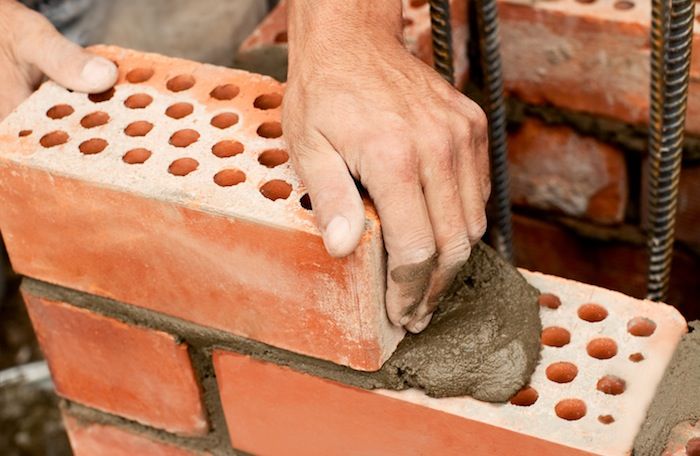
The number of lenders offering development finance has increased by more than 50% in five years, according to analysis by Mortgages for Business.
The broker’s research suggests that there were around 70-75 lenders active in this market in 2016, but there are now 110-115 offering finance to developers for refurbishing properties or building from scratch.
Mortgages for Business believes that, with better access to finance, SME developers could triple the number of new homes that they build.
In the 1980s, small builders were responsible for 40% of the homes being built, compared with just 12% in the UK today.
Lack of funding for SME property developers has been one of the key reasons.
Mortgages for Business says that availability and terms of financing for residential development have held back small house builders over the past decade or so.
It says that in the year 1988/89, for example, SME developers started work on building approximately 88,000 dwellings in England.
By contrast, in 2019/20, SME developers started work on building approximately 17,000.
The lending market has also shifted.
In 2008, the biggest 40 lenders offering development finance were all banks, but these high street names have gradually withdrawn from the market.
Today banks make up approximately 15% of the biggest 40 lenders in the development finance space.
Mortgage for Business head of development finance Paul Keddy says: “In the last five years, the number of lenders offering development finance has increased by more than half.
“Encouragingly the majority of these new lenders are for developers with relatively smaller deposits – companies looking to build six properties on a patch of land, rather than hundreds.
“The increased competition means lenders battle it out to top the tables, meaning developers are being offered increasingly competitive deals.
“That is set to have a direct effect on the number of new homes built in the next year or two – it will turbo-charge SME housebuilding.”
“Over the last thirty years, but in the last 15 in particular, it’s been getting harder to access finance.
“Housebuilders looking to borrow between £2m and £5m can struggle the most to unlock funding.
“And you can’t build, build, build if you don’t have the money.
“On the other hand, small sites are consistently efficient in their delivery of new homes.
“Developers are crying out for the funding they need and, at last, it’s available.
“Given access to finance, we could be seeing the start of a new golden age for SME housing development – with the sector starting another 70,000 homes in the UK.
“This is not pie-in-the-sky stuff.
“This is what SME developers have been delivering within the space of my career.
“We are being conservative with our growth plans and we still expect to triple the number of development finance loans we write across our development finance desk in the next 12 months.”
He adds: “The caution of high street banks is evident.
“Even the ones who are still in the game are running scared – for instance one’s lending at 45 per cent of gross development value and another’s lending at only 55 per cent of cost.
“Once, clearing banks were lending at 4 per cent – now they’re lending at up to 6 per cent.
“That means developers must dig around to find the right loans.
“And their due-diligence and slow internal processes are slowing them down.
“Some clearing banks are taking up to five months to do deals.
“On the other hand, the right challenger bank can get a deal done in two and a half months.
“They’re just a great deal more agile.
“In a market where time is money, that is absolutely critical.”



